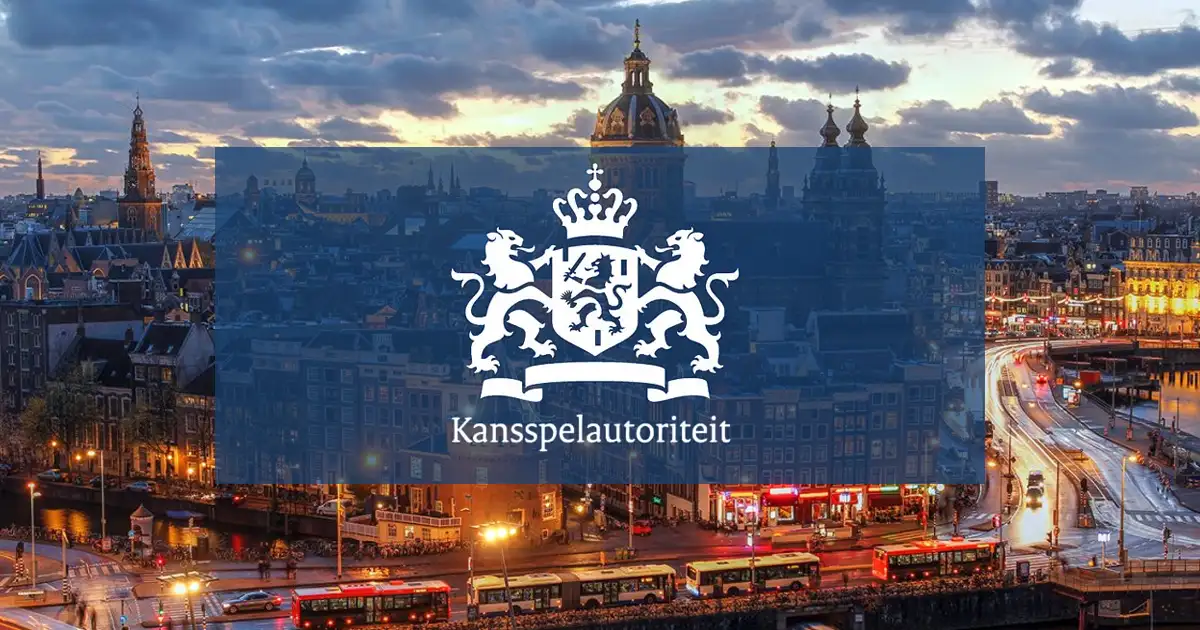Illegal gambling market in the Netherlands: KSA sounds the alarm again!
The Dutch Gaming Authority KSA warns of the increasing threat of the illegal gambling market in the Netherlands. During the iGB Live conference on July 17, chairman Michel Groothuizen expressed his concerns. In particular about the methods that illegal providers use to recruit players.
Illegal providers misuse KSA logo and Google Ads
According to Groothuizen, illegal providers use the KSA logo and Google Ads to target players who have registered in the Central Register for the Exclusion of Gambling (Cruks).
“That really defies all imagination,” said Groothuizen in his first speech since taking office on July 1.
KSA advocates more powers
He called on legal operators to “do everything they can” to protect players. At the same time, he argued for more powers for the KSA to block illegal websites.
“That possibility would certainly strengthen our supervision and is therefore an important discussion point during the evaluation of the Remote Gambling Act later this year.”
Like Germany, the Netherlands is revising its gambling legislation. However, Groothuizen did not provide specific planning for the Dutch law revision.
Legal offering performs well during Euro 2024
Although the KSA warns against the illegal market, legal providers were praised for their compliance with the current rules, especially during the 2024 European Football Championship.
“We called on gambling providers to show their best side. And they did so. This meant that they had to strictly adhere to the law and regulations. Virtually no legal provider has broken the law.
I am happy that I can now experience up close how the market has developed in the meantime. The gambling market is indeed an incredibly dynamic market.”
No total ban on advertising
Groothuizen joined his predecessor René Jansen’s position against a total ban on gambling advertising. According to him, the legal market must remain attractive.
“Gambling operators must be able to present themselves to players. Although we are now dealing with new ministers, our message has not changed at all.”
Politicians are putting pressure on the KSA to strengthen regulations. And are consulted in the context of the revision of the Remote Gambling Act.
Groothuizen also says that as the review of the Remote Gaming Act approaches, they are in discussions with the government. In particular the new Secretary of State to see what still needs to change.
“That is why we are of course interested in the implications of a possible extension of the law and regulations.”
What is striking is that the ban on online slots in the Netherlands, voted by the House of Representatives in April, appears to have been lifted for the time being.


